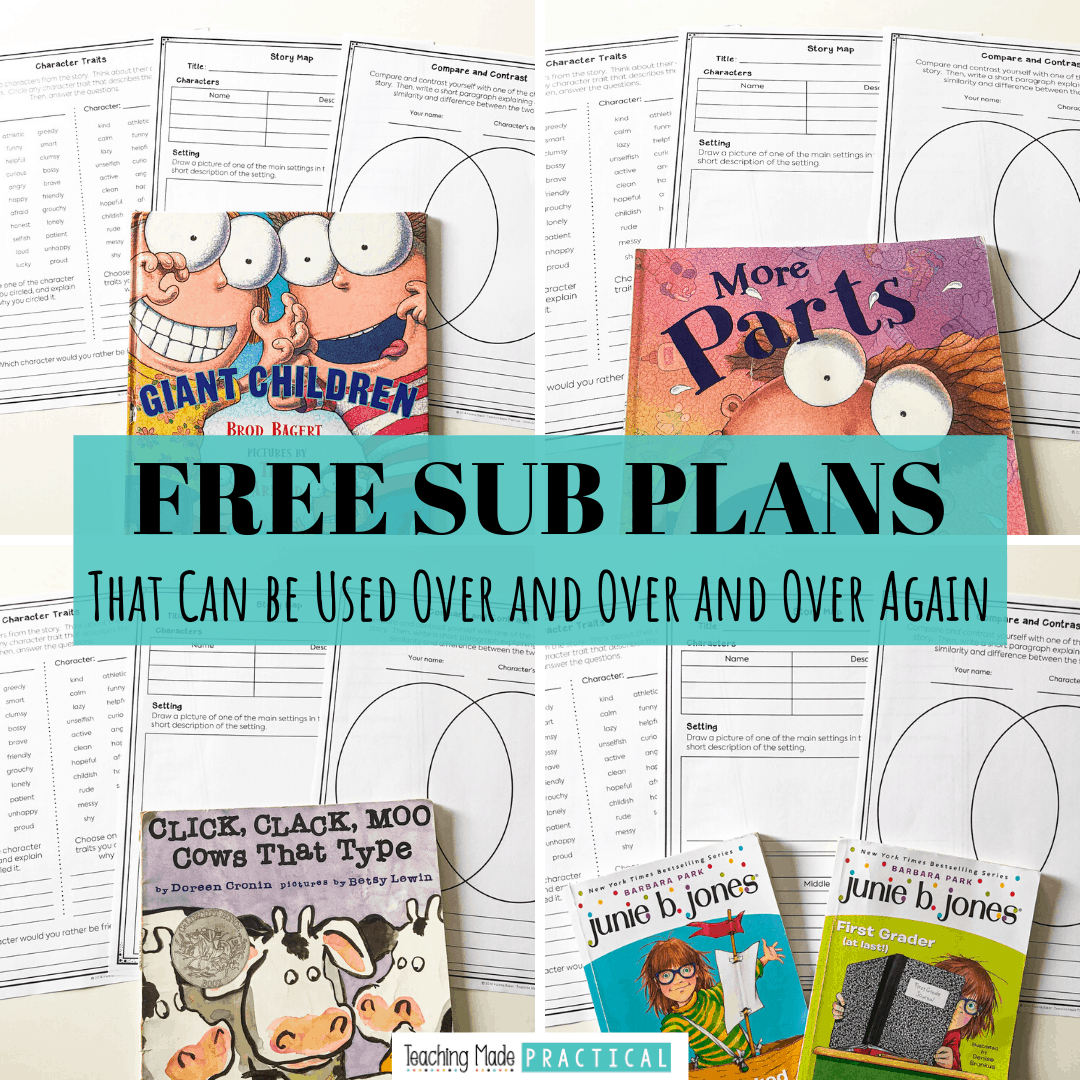
Point of view is one of my favorite skills to teach. When students begin to think more about points of view that differ from their own, they become more understanding towards other kids. I don't know any 3rd, 4th, or 5th grade classroom that wouldn't benefit from a kinder classroom! And the point of view writing prompts and activities below are designed for just that.
These no prep point of view writing activities can be used with almost any book. All students need is a sheet of paper! And, even better, these point of view writing prompts can be repeated multiple times, making them great for a reading or writing center. (The links below for books are affiliate links.)
Point of View Writing Ideas for Fiction Texts
1. Have Students Rewrite the Narrative From a Different Character's Point of View.
Ask students to think about what new thoughts, ideas, and information would be included if a different character was telling the story. Fractured fairy tales like The True Story of the Three Little Pigs and Seriously, Cinderella Is SO Annoying
are really fun models of this activity.
But this activity is not limited to fairy tales - students can rewrite ANY narrative (find some good fiction books for teaching point of view here) that has multiple characters from a different point of view, and usually they will have a lot of fun doing it!
2. Have Students Rewrite the Narrative From Their Own Point of View.
Ask students to replace the main character of the story with themselves, thinking about what they would have done differently from the main character. What decisions would they have made differently? How would the plot have changed? What would they have said differently?
This writing activity directly relates to the Third Grade Common Core English Language Arts Reading Literature Standard 3.6: Distinguish their own point of view from that of the narrator or those of the characters.
3. Have Students Rewrite the Narrative From A Different Perspective.
This is a good activity for students that are working on distinguishing between first, second, and third person points of view. If the narrative was written in a first person point of view, have students rewrite the same story from a third person point of view or vice versa.
This point of view writing activity relates to the Fourth Grade Common Core English Language Arts Reading Literature Standard 4.6: Compare and contrast the point of view from which different stories are narrated, including the difference between first- and third-person narrations.
This point of view freebie might also come in handy as you have students write from different perspectives. Or, consider having students use what they are learning about point of view to create a comic strip.
Point of View Writing Ideas for Nonfiction Texts
1. Have Students Rewrite A Nonfiction Passage From An Opposing Viewpoint.
In 3rd, 4th, and 5th grade nonfiction books, sometimes the author's point of view is not very clear. In a nonfiction children's book about sharks, for example, it might seem that the author is simply stating shark facts. Students must have a very solid understanding of the difference between fact and opinion. However, all nonfiction is written with the author's point of view, however subtle it comes across. Does the author thinks sharks are dangerous? Does the author think people overreact in their fear of sharks?
Help students figure out what the author's point of view is in a nonfiction text, and then have them rewrite the passage from a different viewpoint. If the author believes sharks are dangerous, have students write about how sharks are not dangerous if you take safety precautions.
2. Have Students Write About A Topic From Two Different Points of View.
This is a great activity to get kids thinking critically about points of view other than their own. Have students write about the same topic from two different points of view. For example, you could have students write about why a cat would make a good pet, as well as why a cat would make a terrible pet.
Students in 3rd, 4th, and 5th grade have a hard time understanding other people's points of view if it contrasts with their own. This activity can help make them more open-minded about people with views that oppose their own.
Here are some possible topics for students to write about:
- asking permission to use the restroom vs going to the restroom whenever you need to
- homework vs no homework
- raising your hand before speaking in class vs speaking whenever you want
When students have to start writing from different points of view, it makes them think more critically and behave more empathetically towards those that are different from them, as well as gives them practice writing!
If you are trying to teach your students more about understanding different points of view and how to disagree respectfully, check out these teaching tips.
Never Stress Over Sub Plans Again!

Make copies, find a fiction book, and you'll be ready for any emergency that comes your way!



Comments 1
thank you, this really helps me.
From a 1st year teacher